Your IT Career Compass: Startup vs. Big Tech – Which Path Is Right for You?
As you progress your career in the IT industry, one of the most important decisions you will face is: “Should I embrace the fast-paced challenge of a startup or choose the stability and specialization of a large tech company?”
Both options offer distinct advantages—but also different trade-offs.
In this article, we break down the key characteristics of each path to help you make a confident, informed choice.
Startups: For Those Who Thrive on Growth and Ownership
Fast-growing startups are often the epicenter of innovation—and a bit of chaos.
With lean, agile teams, every team member plays a critical role and often wears multiple hats. This environment is ideal for those seeking hands-on experience across a variety of functions.
You will work closely with leadership and benefit from quick decision-making processes rarely seen in larger organizations. Startups often leverage cutting-edge technologies and offer the chance to help build something from the ground up—taking a product from 0→1 or 1→10, which can significantly enhance your market value.
Equity or stock options can also offer additional long-term rewards.
However, startups come with risks: business uncertainty, limited resources, and often less structured benefits or training. Long hours and high pressure are often part of the deal.
But for those driven by passion, eager to learn fast, and ready to take ownership, a startup can be the perfect launching pad.
Big Tech Companies: For Those Who Value Stability and Depth
Large tech companies offer a different kind of opportunity: robust benefits, structured training, and long-term financial security.
You will likely work on high-impact, large-scale projects and have the opportunity to specialize deeply in your field.
With strong support systems and well-established processes, these companies are ideal for building a career steadily over time.
Their brand recognition can also open doors for future opportunities both inside and outside the organization.
That said, there can be downsides—such as slower decision-making, more rigid organizational hierarchies, and limited exposure to emerging technologies.
Still, for those who prioritize work-life balance, skill development, and career longevity, big tech offers a solid and secure environment.
Find Your Fit: What Matters Most to You?
There’s no one-size-fits-all answer. The key is understanding your personal career compass—what drives you and what you value most.
Ask yourself:
- Career Goals: What position are you aiming for? (e.g. tech expert, manager, entrepreneur)
- Growth Pace: Do you prefer rapid, hands-on growth or steady, incremental progress?
- Work Style: Do you thrive with autonomy and flexibility, or prefer structure and consistency?
- Risk Tolerance: Are you excited by uncertainty, or do you prefer predictability?
By reflecting on these questions and setting clear priorities, you will gain the clarity needed to make the right decision for your future.






